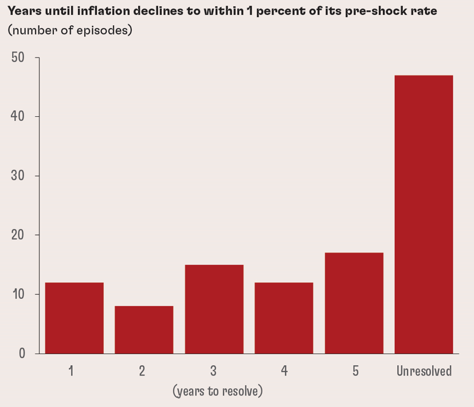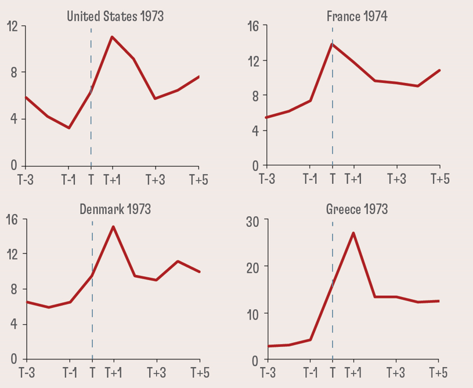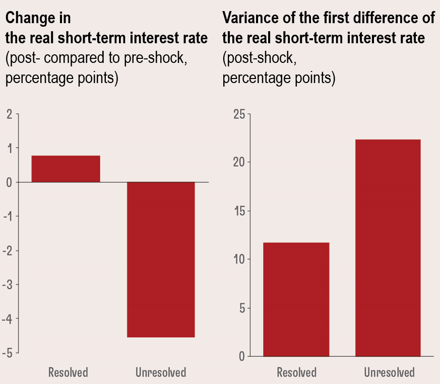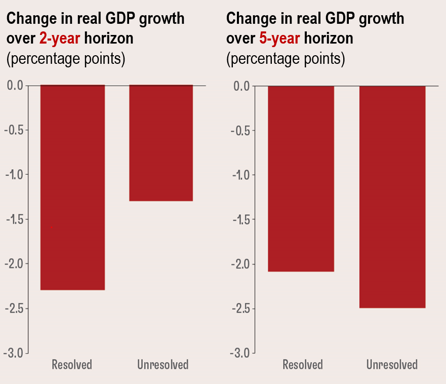Carlos Mulas-Granados is Deputy Chief of the Strategy Unit at the International Monetary Fund. Previously, he was a Professor at Complutense University and the Deputy Director of the Spanish Prime Minister’s Economic Office. Mr. Mulas-Granados has published in Economic Policy, the Journal of International Money and Finance, and the British Medical Journal. He holds a Master’s degree from Columbia, a PhD from Cambridge University, and a Doctor degree from Complutense University.





